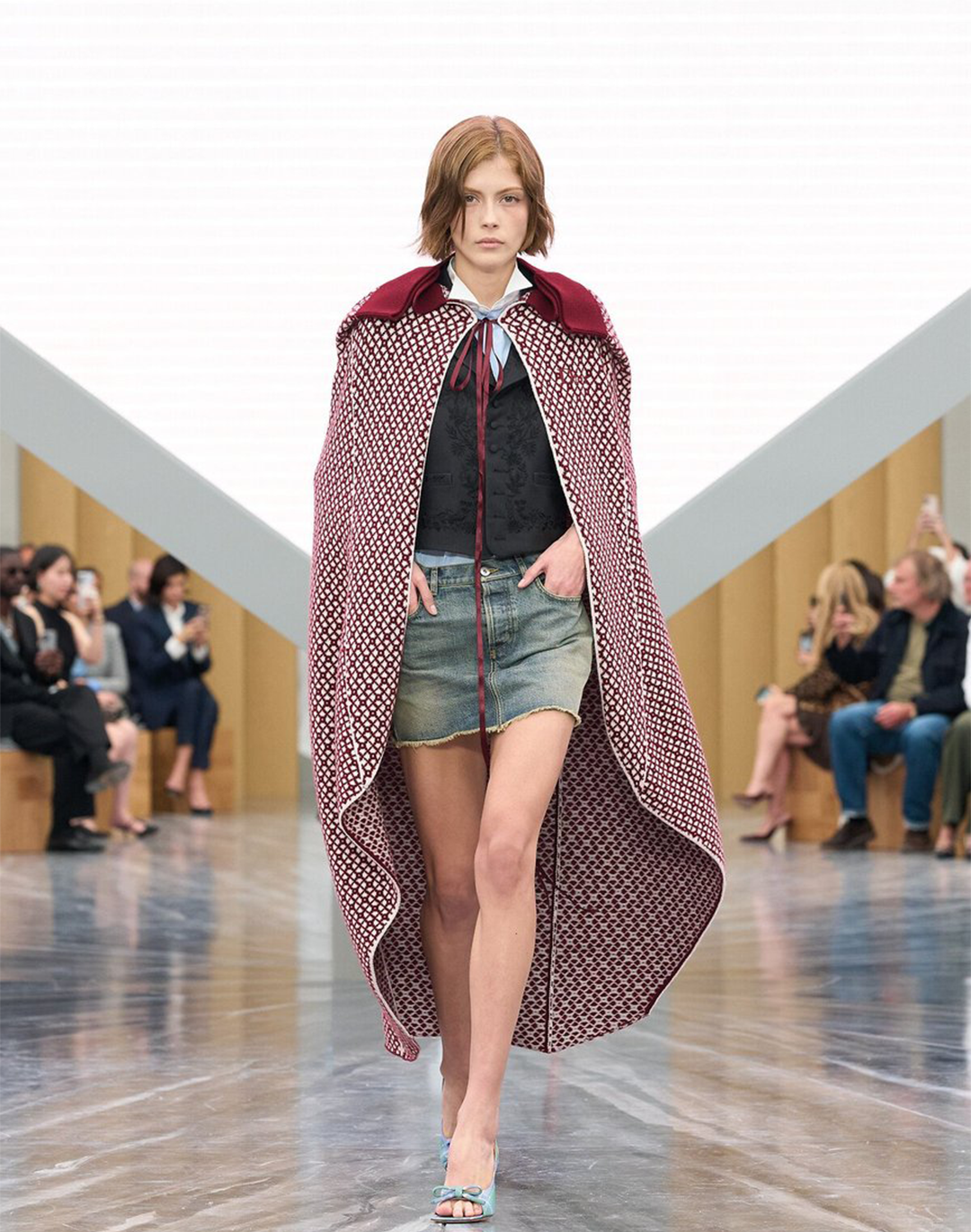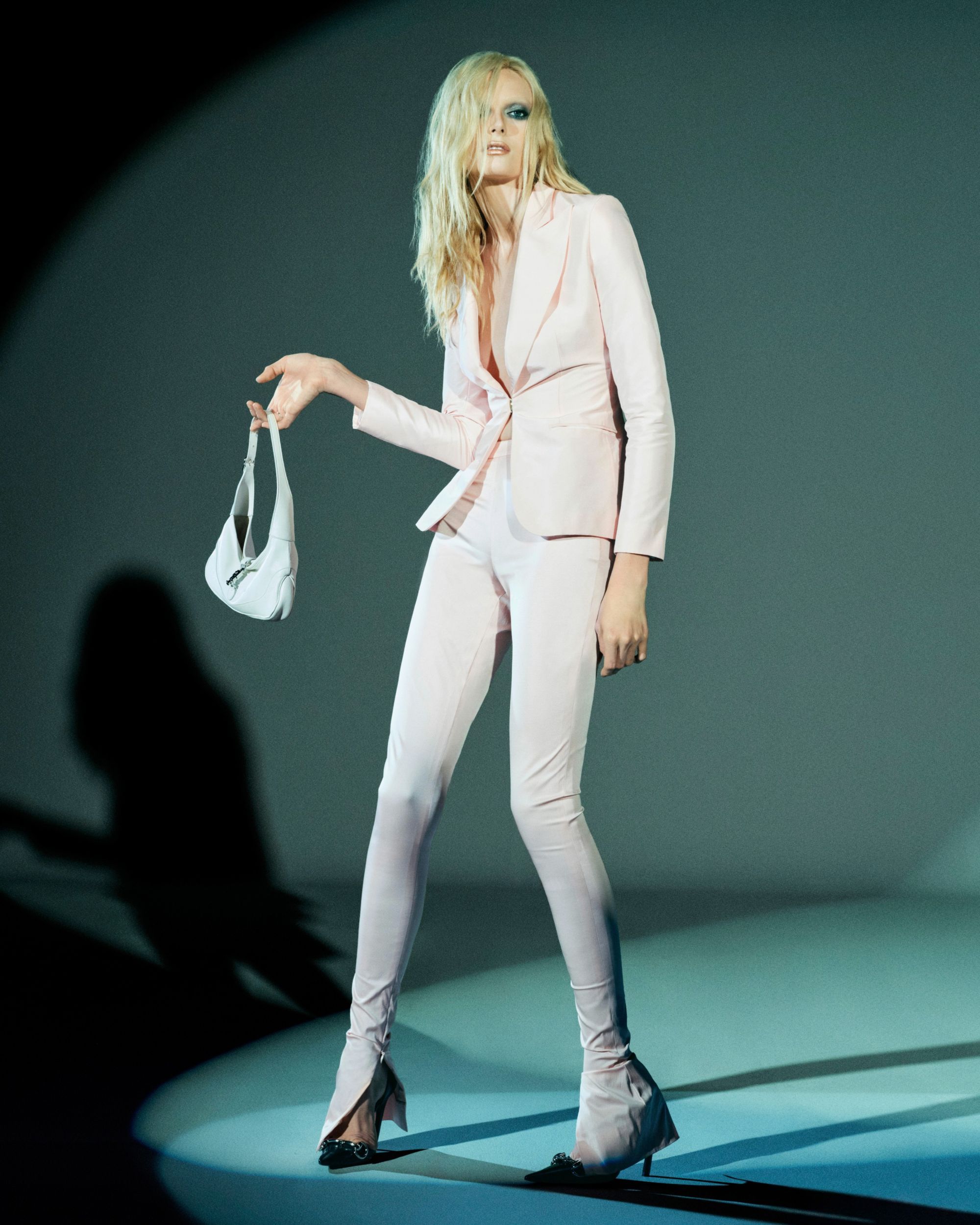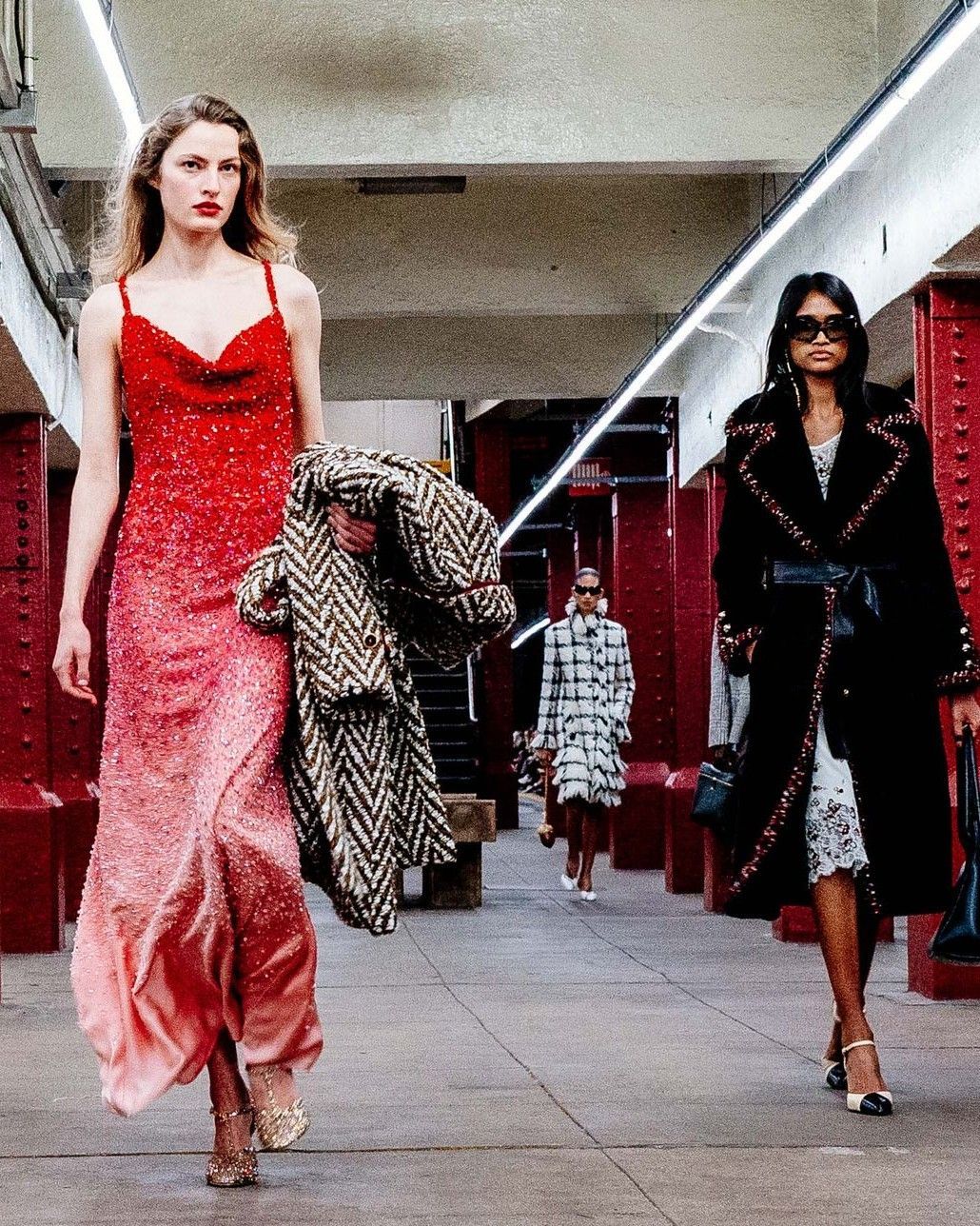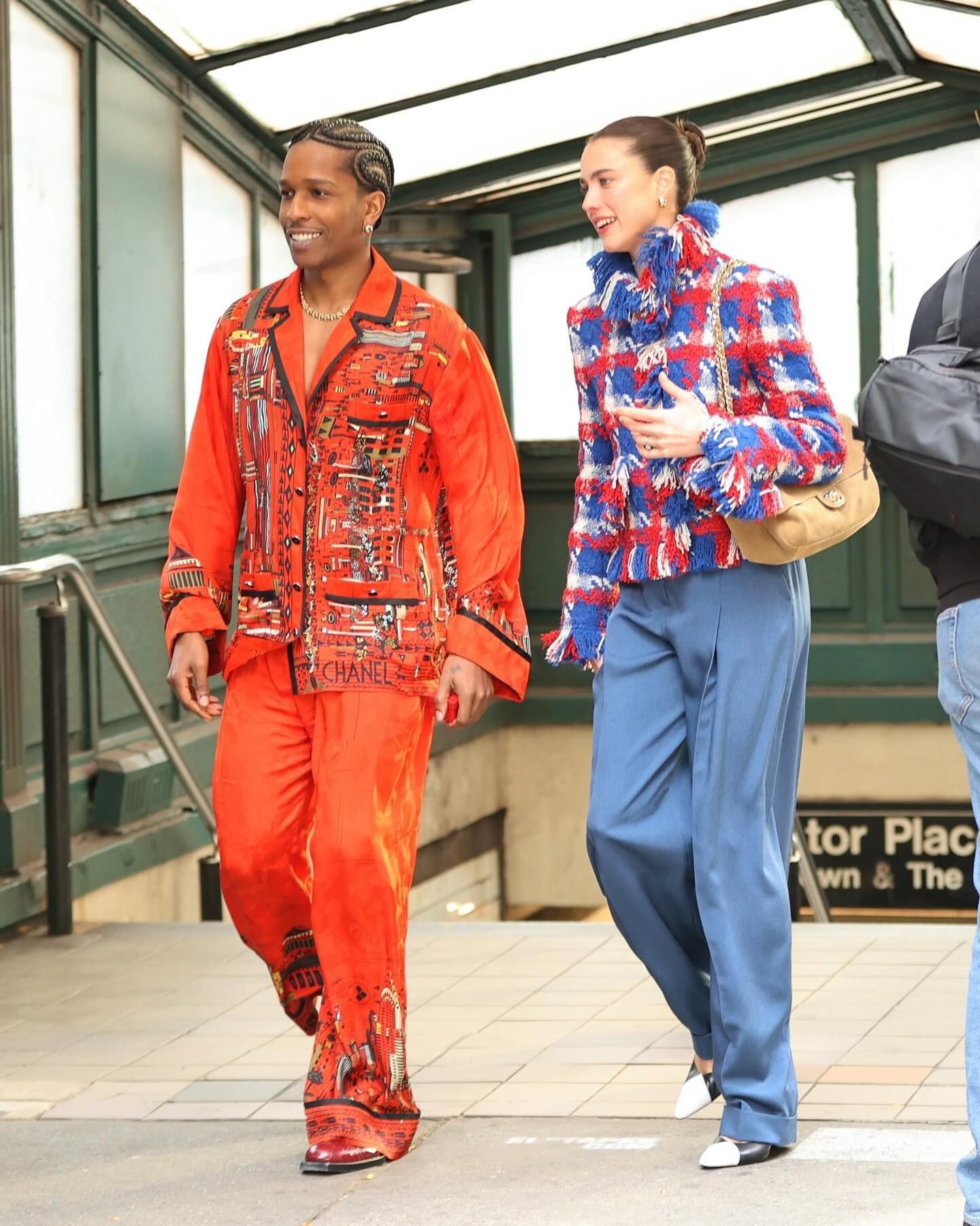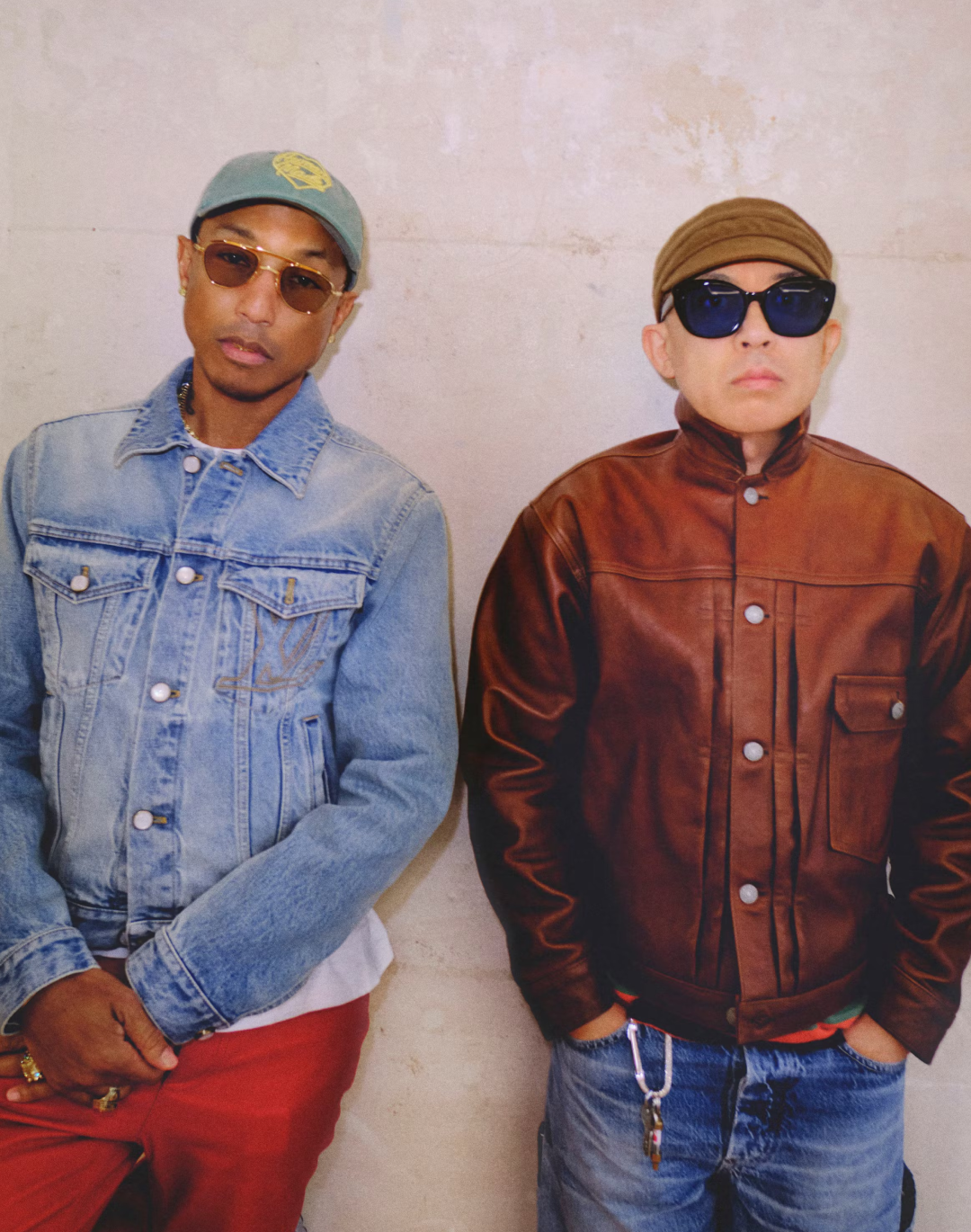
What will be the future of Off-White? Shading light on the brand in anticipation of its return to fashion week
Talking about Off-White means addressing a delicate topic. Firstly, because the brand has had a cultural significance that must be respected, secondly because even after years, the brand's community continues to exist, making it a phenomenon as present as it is past, and thirdly because the structure elevated by Virgil has indeed survived, and the brand has announced its return to Paris Fashion Week with a show that CEO Cristiano Fagnani called «fun and playful - it's a playground for the brand. Youth comes first, with our connection to culture and style. A celebration of the brand codes and a pitch into the future that connects all latitudes». But let's proceed in order. Last March, WWD wrote that «A recent regulatory filing from Farfetch showed that Off-White accounted for «a majority of our brand platform» gross merchandise volume last year, when GMV tallied $455.2 million. Farfetch’s brand platform is made up of its New Guards division and its revenues are «generally equal to GMV.» That puts Off-White at annual sales of at least $227.6 million». In the referenced article, it was also stated that the brand represented three-quarters of the gross merchandise volume sold by the New Guards Group, defining the brand as «a cornerstone of the luxury platform’s branded business». Meanwhile, several things have changed: firstly, the collapse of Farfetch and the new ownership by Coupang, the absence of Off-White from fashion weeks for about a year, and the change in CEO in June. This week, discussing the brand's return to the Paris schedule, BoF's Tamison O'Connor said that «sales have been hit by growing consumer fatigue with luxury streetwear and a cost of living crisis that has dampened spending among younger, aspirational luxury consumers in the US, a key market for the brand». So, what will be the future of Off-White?
It is undeniable that, at its peak of popularity, the brand's success was based on the charisma of its founder and creative director. «Off-White after Virgil is like a body without a soul,» says content creator Sam Norris. «It has lost its essence.» And even though «the brand itself is always going to be a piece of history,» Norris continues, «I don't see Virgil in those clothes. A lot of the clothes aren't necessarily bad, but I feel nothing when I look at them». Undoubtedly, without its creator and stuck in the twilight of the streetwear world, reinventing itself has been challenging for the brand. Edition+partners co-founder and journalist Christopher Morency explains the change in context with historical and cultural reasons: «Off-White was the leader of a movement at a moment in time when streetwear and luxury were merging. Both across aesthetic and across business models. Now that that movement is no longer new, or as popularized by the press as it was during the mid to late 2010s it's natural that the "heat" around the brand has slowed down as well». Also for David Martin of ODDA Magazine, the brand «is in a more quiet era». This doesn't mean that the brand's activities have slowed down: the brand still has relevance to «people who've been buying it for years or streetwear enthusiasts», as Sam Norris says, and according to a study by RunRepeat from last August «in the secondary sneaker market, Nike x Off-White collabs generate an average of 296% premium when resold,» ranking as the most profitable collaborations for online resale. Furthermore, the brand's collaborations with AC Milan and the Chicago Bulls continue, as well as with Nike. There's the beauty line launched in 2022 and entrusted to Isamaya Ffrench, and the brand also took over the Casa Jondal resort in Ibiza this summer. Additionally, there's a persistent rumor that LVMH, which owns 60% of the brand, might revoke New Guards Group's license in January 2026 and absorb it into its portfolio. This, even though, as reported by Jing Daily, the brand closed five of its nine stores in China in the post-Covid period, demonstrates how commercially vital the brand is and how desirable its business is.
"Everything I do references something that influenced me."
— Everything (@isjuustadream) January 30, 2024
- Virgil Abloh
The main impasse, therefore, remains dealing with the shadow of its creator. And here, the issue is more thorny than usual because this shadow, «an unmatched legacy,» as Sam Norris defines it, should not be surpassed, imitated, or overwritten. Instead, it should be allowed to continue: «For Off-White to thrive in the future, it must continue to think, "What would Virgil do?"» says Morency. And even though «Ib Kamara is doing a great job,» he continues, «going back to what it was is an impossible task as it captured something that can only be created once a generation.» Sam Norris echoes this sentiment: «It feels as if it's targeted towards more basic level consumers. They make simple products that people can buy in stores. They're not making anything game changing though». Whichever way you turn, the exceptionality of Virgil as a man, a creative, and a cultural phenomenon is not summarizable or bottleable. It's more about approach than aesthetics. «Ib Kamara comes from a very different perspective than Virgil Abloh,» says independent critic Odunayo Ojo, «and it shows. The collections look great but it doesn't at all feel connected to the philosophy of Virgil Abloh.» Ojo, however, perhaps offered the most interesting interpretation to understand the phenomenon of Off-White: a conception that sees the brand as an artistic project rather than a luxury goods producer. «Virgil Abloh was actually trying to make a lot of social commentary through his clothes,» Ojo says, «which has been completely missing at Off-White since he passed. Questions like “What is ownership?”, “What is fashion?”, "How can a tourist in the fashion space navigate it in a way that they are breaking barriers but still respecting its history simultaneously?" These are the questions that Virgil Abloh was posing through his work. He is famously known for saying "Duchamp is my lawyer." Duchamp's work explored this idea that if you take something and change the context around it, it makes that thing art but also changes the meaning of the thing itself. […] These kind of ideas have been lost in translation with Off-White currently. How are they exploring these themes or ideas or developing them? I don't think they are at all and while the clothes look nice, that's all they are at this point... nice clothes». David Martin, on the other hand, emphasizes the risks of imitating too much of the aesthetics of the past: «Virgil was Virgil and his vision was in a constant evolution and his sensibility connected his his tastes and personal life experience», adding that, «Off-white needs to find new codes which can connect with the new head of creativity».
How Virgil Abloh and Kanye West revolutionized fashion and music. pic.twitter.com/b44JtMvKow
— (@apollovwrld) February 1, 2024
For the future, the thoughts of our interviewees sound different but are similar in substance. According to Norris, it's essential to avoid «the label straying further and further from what it was intended to be» and becoming «a past tense moment for culture»: while for Ojo, it's crucial, more than imitating the past, to keep in mind «what attracted people to the brand in the first place, it was more than clothes - it was also about getting behind someone who didn't belong smashing the doors of fashion's gilded gates». For Morency, the issue also concerns the brand's communication and behavior, which, due to its unique nature as an open creative project, should not follow the classic luxury brand handbook but stay in line with the founder's intentions. «I believe that Virgil would have continued going left where others would go right,» says Morency, referring to the noisy communication of many brands. «I believe he would have taken a more quiet and thoughtful approach to marketing moments when everything is so loud today.» Either way, there's a feeling that the problems of Farfetch, especially financial ones, have slowed down the recovery of a brand that, even before Virgil's passing, was undergoing transformation. According to David Martin: «For a long-term future, the brand should finish a chapter and start a new one creating a new tomorrow based on the most primary logics and DNA Virgil planted when he started Off-White». Three months after the designer's farewell, Bernard Arnault's advisor and former CEO of Louis Vuitton, Michael Burke, said: «Off-White is in the position that Dior was in 1957. Monsieur Dior had only been at the house for 10 years when he died. Off-White, too, was conceived almost 10 years ago. The question is: what has the founding father left? If the legacy is rich, authentic and steeped in values that go beyond fashion, the odds of turning a passing into something eternal are spectacular». Hope, we might add, to which the vast archive of ideas, sketches, concepts, and thoughts that Virgil left provides a more than solid foundation. It's a matter of method: not asking what Virgil would do but rather how he would do it. And the answer is: not like the others.










































